Disasters
TOP STORY
Doing good in disasters: The best way to donate
This is part of an occasional series to help Utahns make the best decisions when disaster strikes. Join the conversation on social media with the hashtag #DoingGoodInDisasters.
It happens all the time
And it happens because we are good people with good intentions. But imagine that a disaster hits a far-off place, such as Texas following Hurricane Harvey in 2017, or Missouri following the Joplin tornado in 2011. As humans, we want to help other humans. Inevitably, a friend of a friend is getting together a truck or a semi to haul supplies to the affected area. The request often states that people can donate whatever they have.
We are generous. We feel good giving to others who have lost everything.
But we end up making the problem worse for disaster and relief workers.
Here’s what happens: People scurry around and rip through their closets and treat this opportunity like spring cleaning. They grab clothes, toys and other items that would have gone to a thrift store and send it on a truck to disaster survivors. We’ve heard stories of couches being left at local Red Cross offices, stories of loads of potatoes being left in parking lots to rot.
Then, someone has to deal with all of these things. Sometimes, this takes away precious resources from the relief effort become someone has to store, manage, organize, and sadly, discard so many things that are not in any usable condition.
So before you donate, confirm there is a need, the International Center for Disaster Information tells us.
Otherwise, you can lead to an unfortunate waste, even though it came from a good heart.
So, we say, donating cash is best
- Cash is flexible and powerful.
- Relief organizations can use cash to buy new food and goods with a higher buying power than an individual. Generally, for each dollar donated to an organization, the organization can buy $3 to $7 worth of products.
- Cash is transferred more easily and cheaply than moving products. So that’s why we encourage Utahns to remember when they donate, donate cash.
If you want to donate to assist in disaster response, make sure you do so responsibly. Unsolicited donations can cause a “second disaster” you can read about in this CBS News report from 2016.
Here’s how cash best supports a relief effort.
Donate through a trusted organization. Find trusted national and state level agencies to donate or volunteer from the National Voluntary Organizations Active in Disaster. Be wary of fundraisers that are sponsored by people you don’t know.
If you need help in determining who to give to, the National Voluntary Organizations Active in Disaster website has a list of major non-profits active in disaster work or contact your FEMA Voluntary Agency Liaison for guidance. For more information, visit www.fema.gov/volunteer-donate-responsibly.
Remember, it’s best to donate cash, and not stuff, to relief efforts.
Joe Dougherty is the public information officer for the Utah Division of Emergency Management. jdougherty@utah.gov

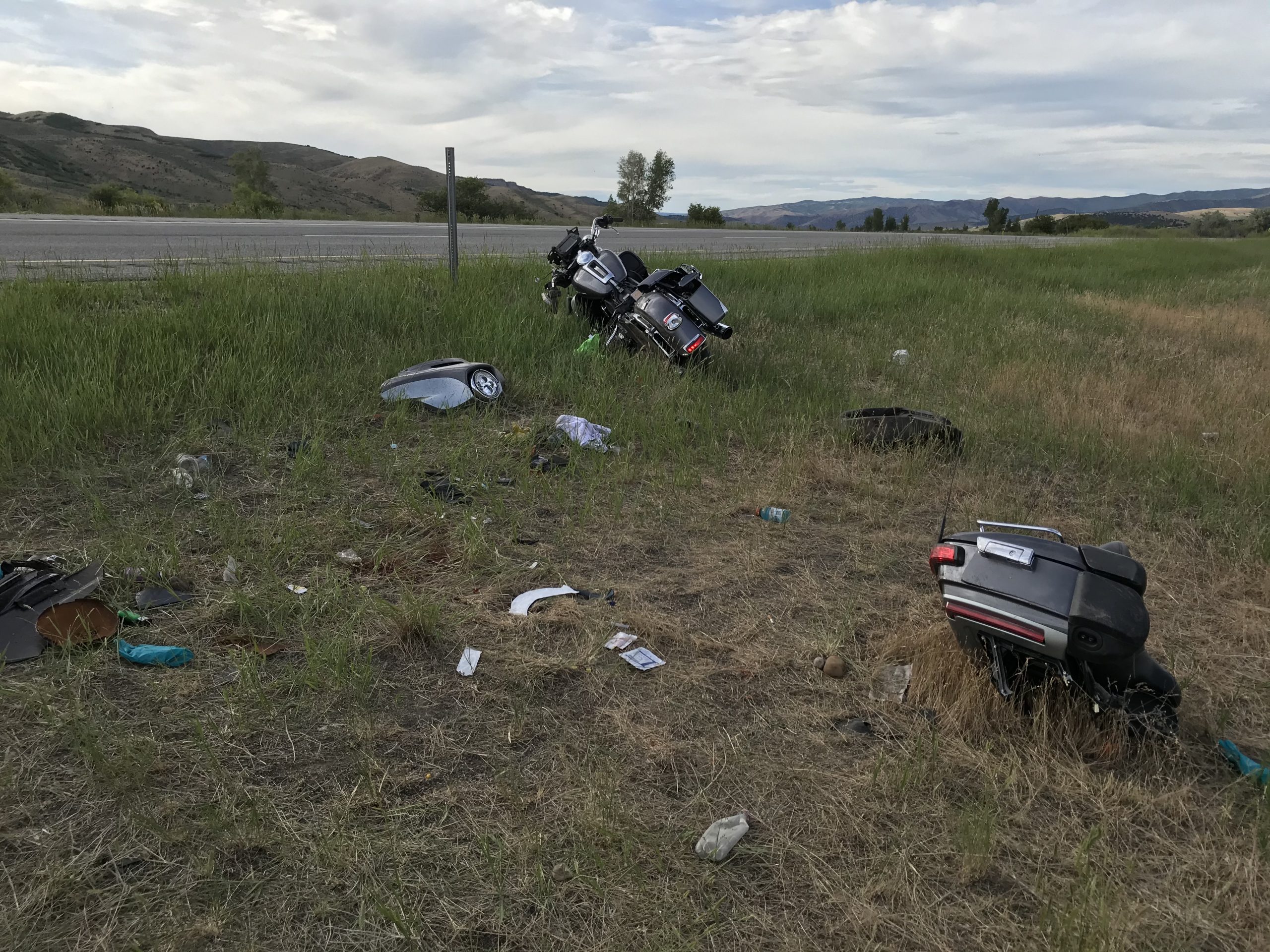
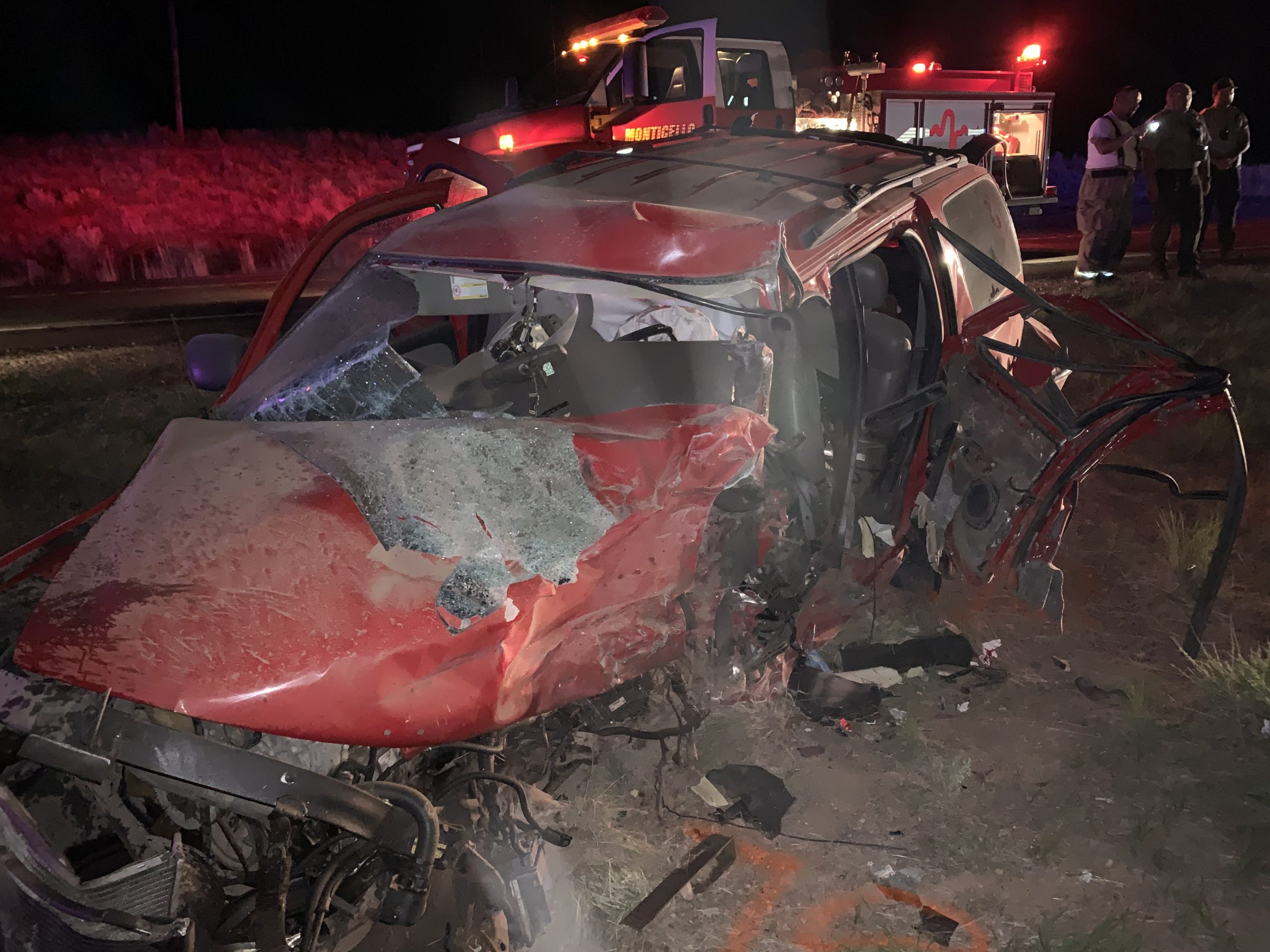
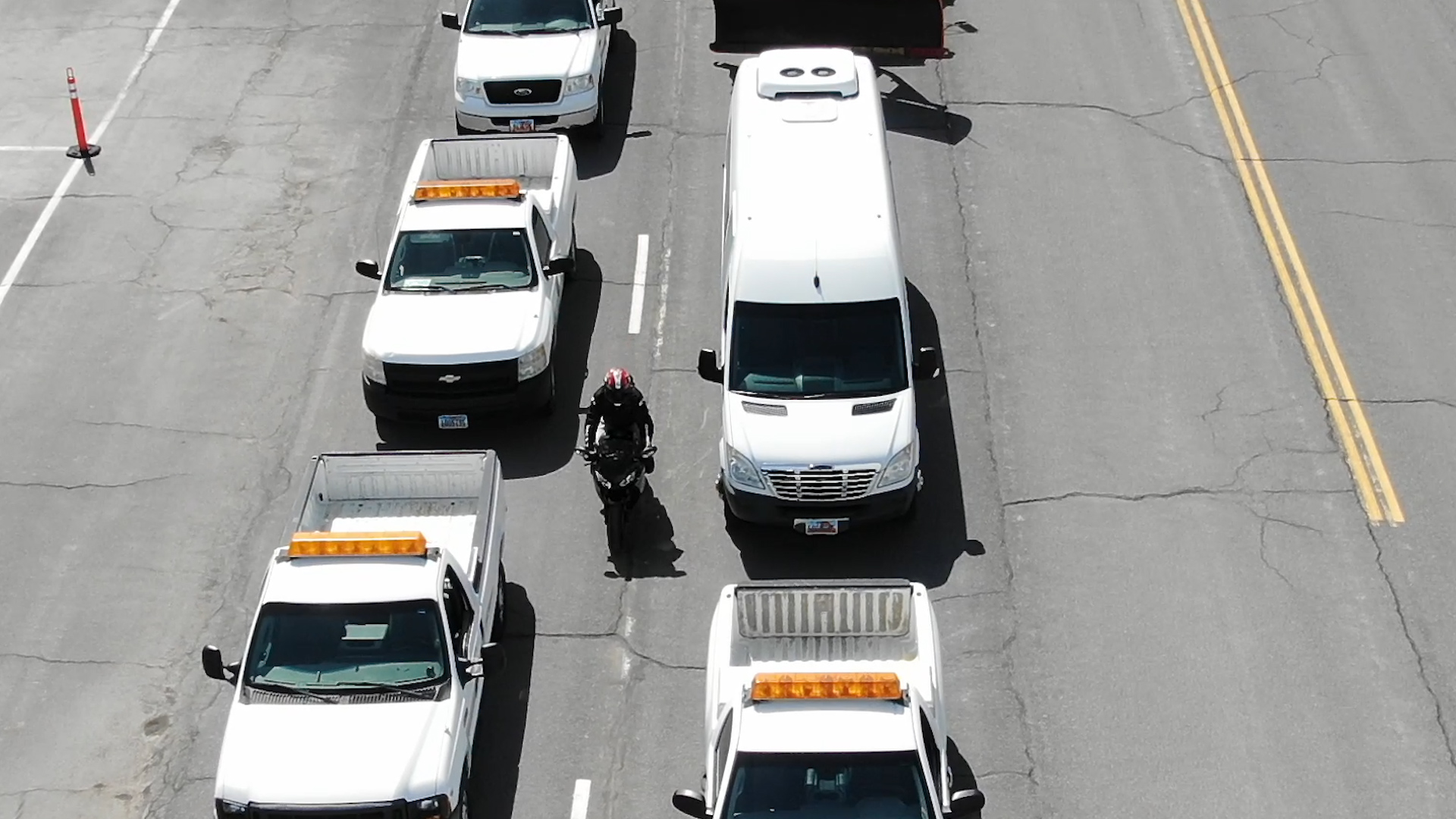
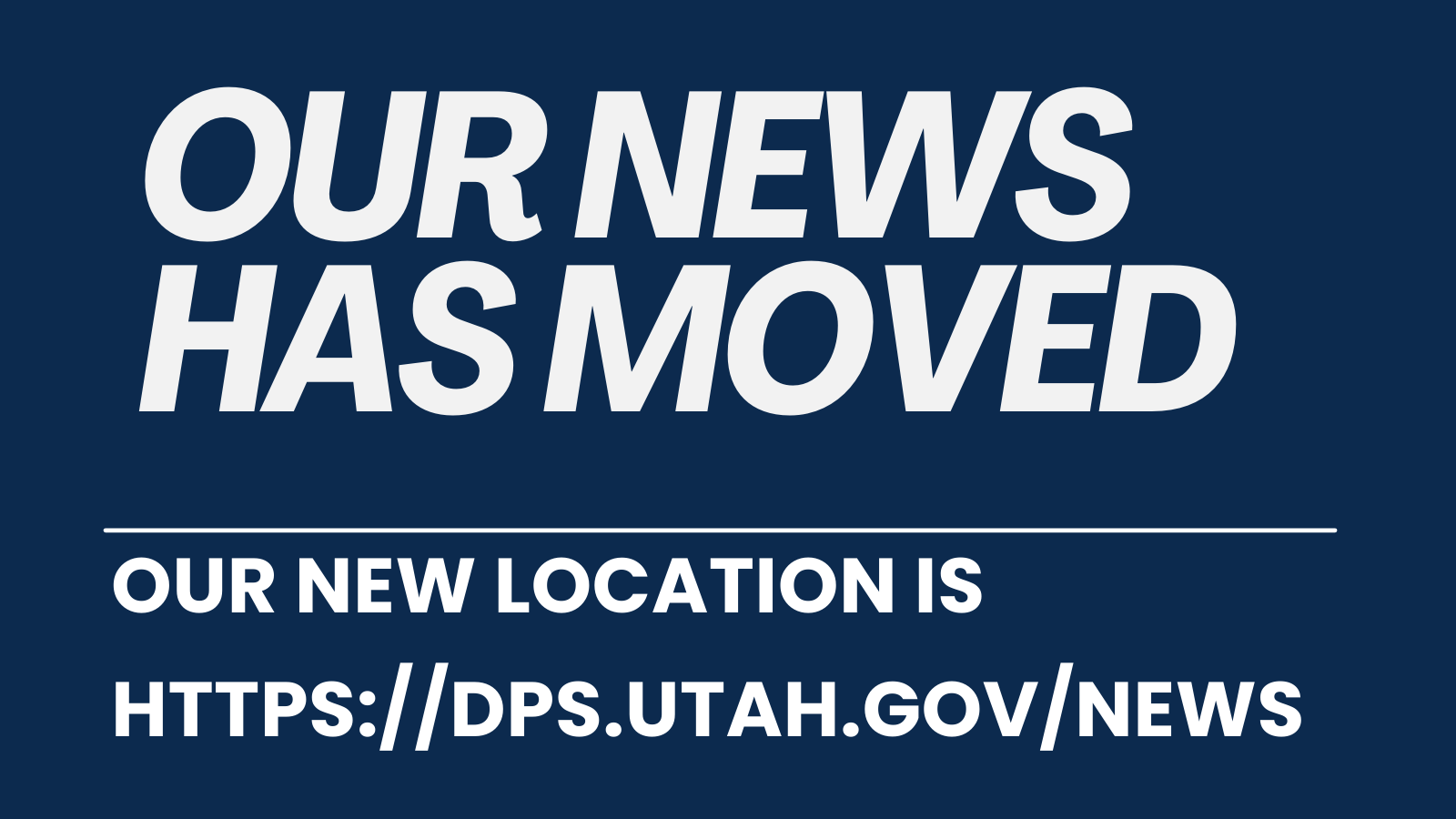
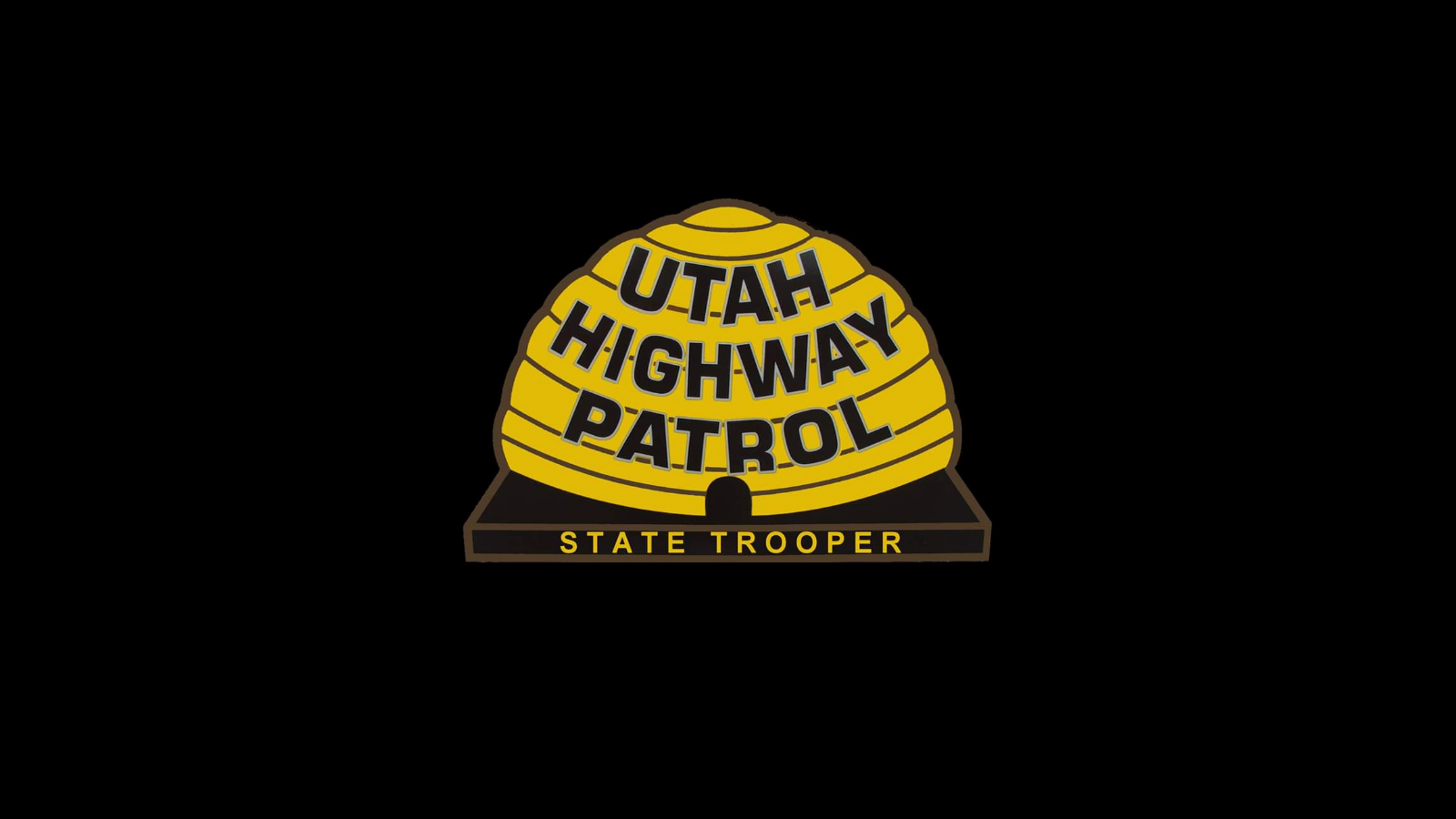
SHARE THIS STORY